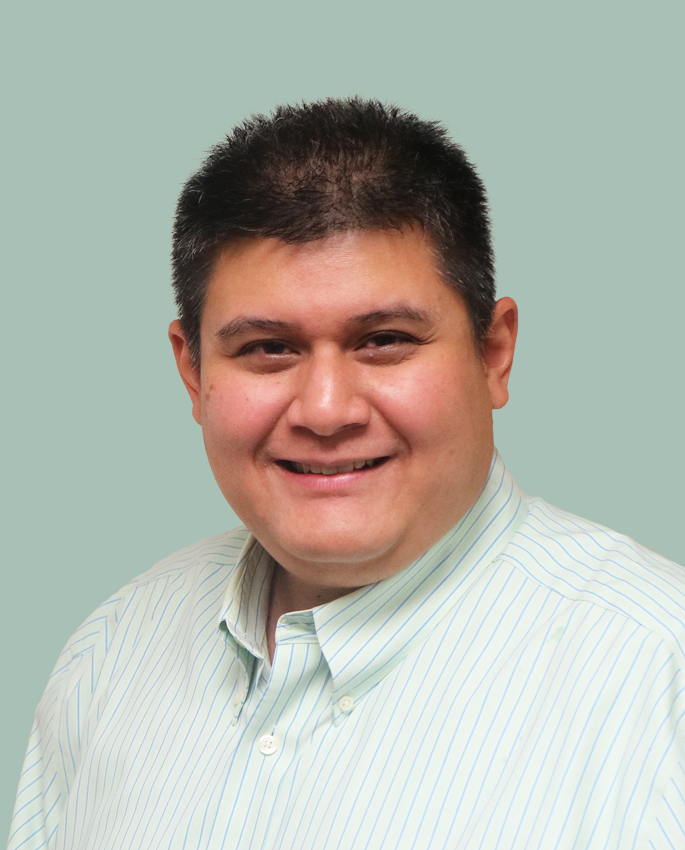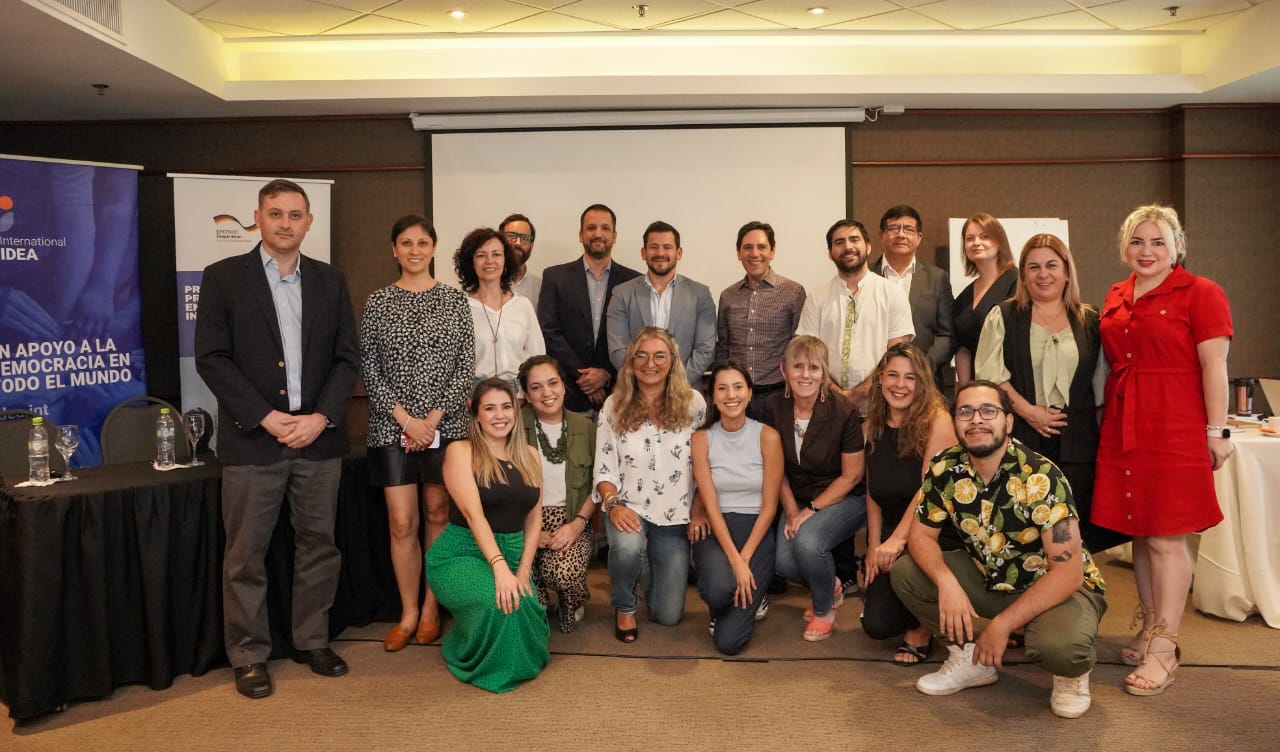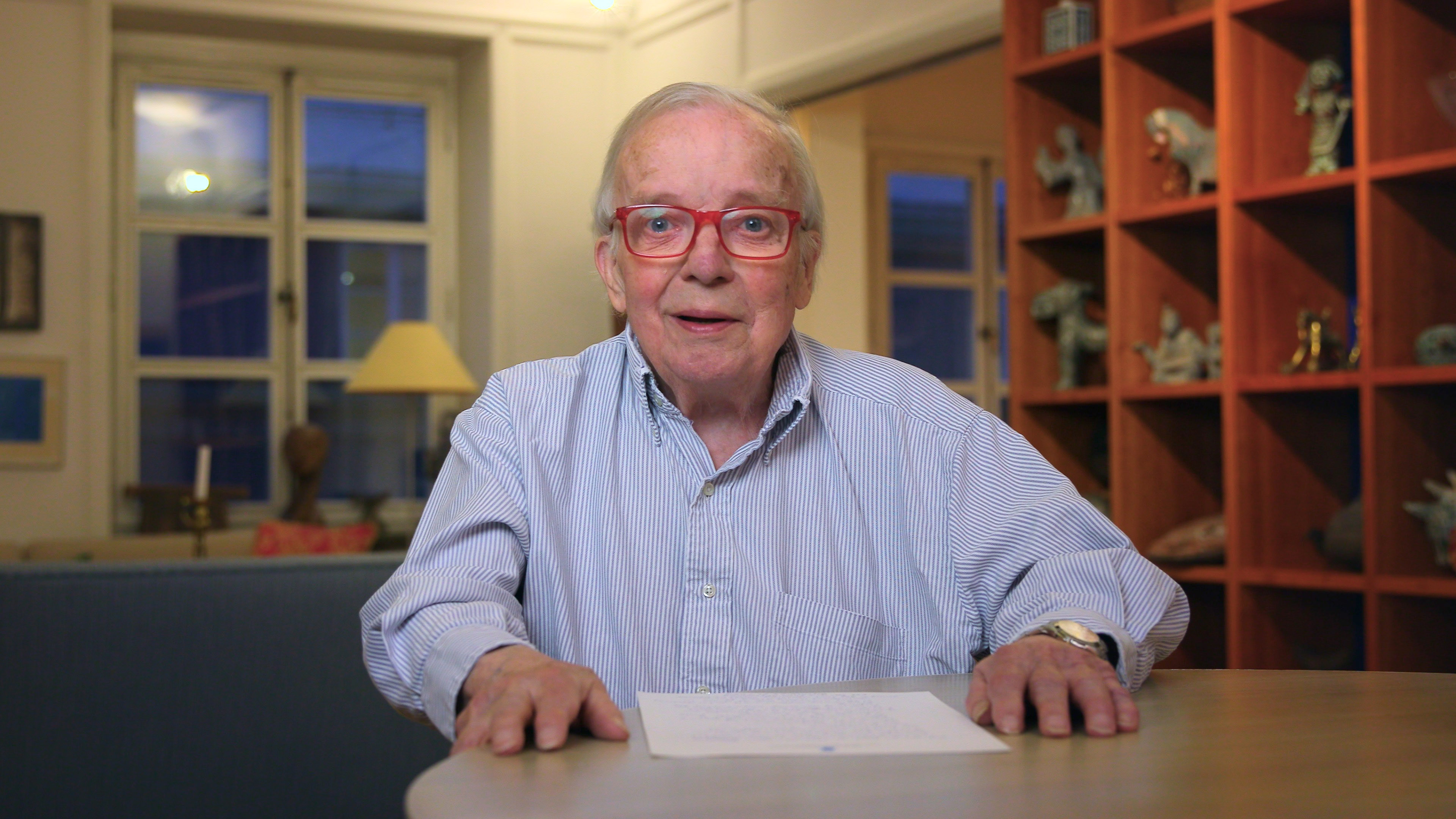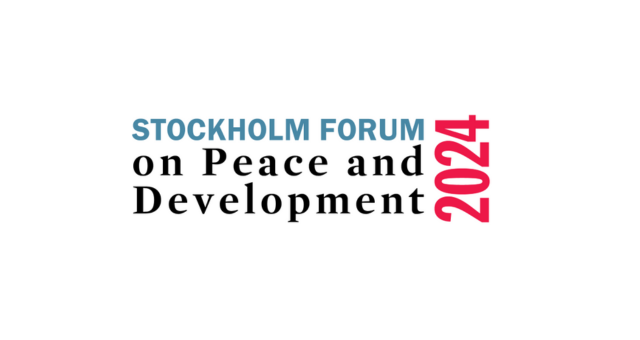What conversations on electoral technology are happening in the Philippines?
Philippine policy makers and civil society have interesting discussions ahead about the role of technology in elections. What are the needs? What needs to be done differently? What needs to be improved? What new goals are to be achieved? These questions guided discussions as International IDEA’s Election Tech Tour of Asia moved on to Manila, the Philippines.
The event was hosted in partnership with the Commission on Elections (COMELEC) and the Task Force Eleksyon comprising of the Legal Network for Truthful Elections (LENTE), the National Movement for Free Elections (NAMFREL), Simbahamg Lingkod ng Bayan and De La Salle University’s Robredo Institute of Governance and consisted of smaller meetings as well as a larger roundtable discussion.
One of the first issues addressed was the question of electronic voting machines, as the Philippines currently has two full sets. The Precinct Count Optical Scanners (PCOS) used in the recent May 2016 General Elections were leased and cannot be used for the next general elections, unless they are bought. The machines used for 2013 General Elections were bought, but need to be refurbished before another use. For the 2019 general election, the Philippines has to decide if they will buy the machines used in 2016, refurbish the machines used in 2013 or buy new equipment, which may entail the selection of a new technological solution such as touch screen voting machines.
Whatever option is taken in the end probably needs to be accompanied by a review of existing laws. The 1985 Omnibus Election Law has been deemed outdated and needs to be adjusted to reflect contemporary situations. The Automated Election System Law, initially from 1997 and amended 2007, features remnants of provisions for paper-based elections or specific to election technology that was not chosen in the end. For example, the requirement for an additional paper trail for the ballot scanning machines as required by the Supreme Court is widely seen to have come from a part of the law that was intended for touch-screen systems.
Another question discussed is whether sending the same election result data through three different tabulation systems creates the intended transparency or whether it adds complexity to the tabulation process that is difficult to explain and understand. This is especially true if data from those tabulation systems is observed in real time, as there are various factors that may cause data transmission be interrupted to some and not to other servers. As a consequence, the different servers may have received different election result data at a certain point in time. This discrepancy may give rise to allegations of fraud, which may have been the case in the May 2016 General Elections.
How much each of these features have added to the transparency of the automated election system, the extent to which some of them maybe streamlined and what the impact of any changes would be on the credibility of the system will all be interesting discussions for any changes in the legal framework.
The roundtable discussion in Manila also discussed the use of open source software. Currently, the COMELEC relies on software produced by the supplier of the PCOS machines to operate them. There have been calls to employ Philippine experts to create the software in an open source environment and some progress in developing such a system has already been made. The hope is that this would reduce cost and would make it easier for the software to be tested independently and without any restrictions. The COMELEC Chairman expressed his interest in looking into this issue further.
COMELEC intends to organise another ICT stakeholder consultation involving civil society organizations, academia and experts. Further, COMELEC has important decisions to make regarding the technology to use in the 2019 General Elections. Due to state budgeting and procurement rules, initial decisions will already need to be made before the first quarter of 2017. Whatever the course of the discussion may be, Commissioner Luie Guia summarized the goals of the discussions by saying, “technology is merely a tool and it should not become the ‘end’. Upholding the electoral principles set in law is the ‘end’”.




